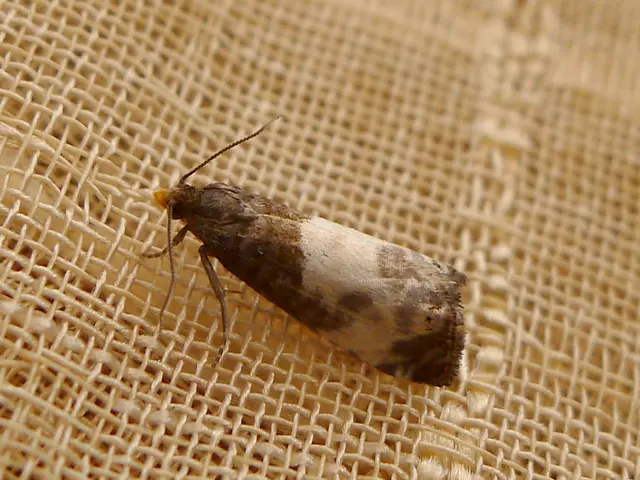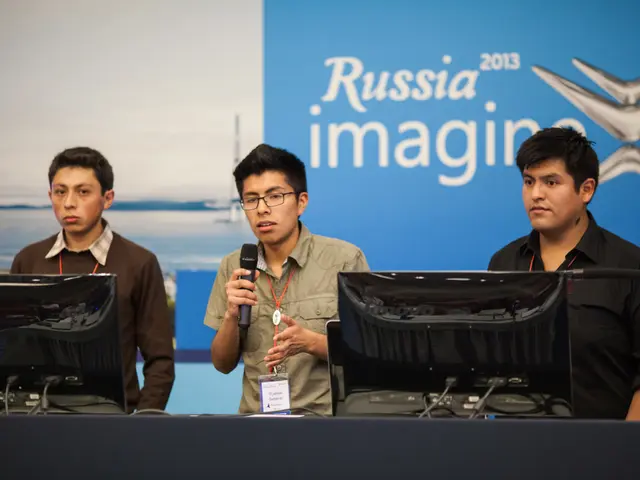Vaccination against shingles could potentially shield against dementia, suggests research.
In a recent study published in JAMA, researchers suggest that the shingles vaccine may delay or prevent the onset of dementia. The study, conducted across Australia, analyzed electronic health records from over 100,000 adults, focusing on those born just before and after the cutoff date for vaccine eligibility in a national program launched in 2016.
The results revealed that those eligible for the free shingles vaccine were significantly less likely to be diagnosed with dementia over the subsequent 7.4 years, compared to slightly older adults who were ineligible due to minor age differences. This finding supports the "viral hypothesis" of Alzheimer's disease, which links various viral infections, specifically herpesviruses such as the varicella-zoster virus (the germ behind chickenpox and shingles), to the development of dementia.
If further research confirms this protective effect, it may imply that an effective and cost-efficient tool for reducing dementia risk is already available. The study comes as promising news, as past research had shown a correlation between shingles vaccination and lower dementia rates but could not establish cause-and-effect.
The protective effect of the shingles vaccine is believed to work through multiple mechanisms, including preventing viral reactivation and neuroinflammation, reducing chronic inflammation in the brain, and supporting the viral hypothesis of Alzheimer's disease. The vaccine is highly effective at preventing shingles and its complications, such as long-term nerve pain, vision loss, and bacterial skin infections.
While more research is required to establish causality and understand the exact biological pathways involved, the findings suggest that the shingles vaccine may offer a significant intervention for dementia prevention, particularly among older adults. Additional studies are being sought to determine the vaccine's ability to protect against dementia, as a formal clinical trial has yet to be launched. The study results are meant for informational purposes only and should not be construed as medical advice.
- The shingles vaccine, which protects against the varicella-zoster virus, has shown a potential link to preventing dementia according to a recent study, suggesting that it may be a cost-efficient tool for health-and-wellness, particularly for older adults.
- As more research is conducted, it may reveal that the shingles vaccine could offer therapies-and-treatments for neurological disorders like dementia, bringing hope for the management of mental-health conditions in the future.
- The study results also suggest that the shingles vaccine may help address space-and-astronomy-related concerns, as neurological disorders, including dementia, are increasingly becoming an issue for an aging population and society as a whole.
- In addition to its benefits for preventing shingles and its complications, the shingles vaccine has shown promise in the fields of science and medicine for offering new approaches to health-and-wellness and dementia prevention.








